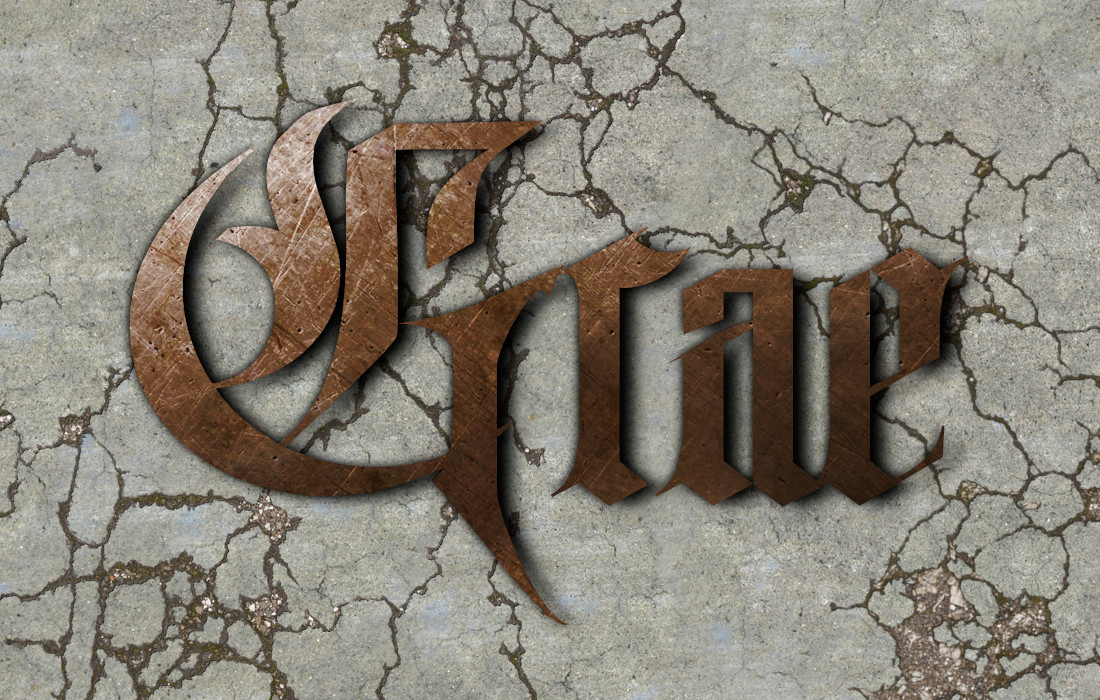HOUSE RULES
Skills
The following skills are being added to the core skills for Savage Worlds in Grae, and as such will be given to new characters at creation at a rank of d4.
- Bluff (Spirit)
- Sense Motive (Smarts)
Skill Points
Players will start with
15 points to spend on skills at creation, rather than the usual
12 granted by SWADE
The following edges will be granted to all player characters at creation.
Edges
Currency
The currency of Grae will custom to the world and will be arranged into three primary classifications; "Bits", "Coin" and "Crowns"
- Bit: The smallest division of currency. Two bits will buy a drink at a tavern, twenty will get you a room for the night.
- Coin: Fifty (50) Bits make up one "Coin"
- Crown: The rarest and most valuable division of currency. Fifty (50) Coin make up one "Crown".
SETTING RULES
Conviction
Conviction is a special award granted when a character experiences a great victory or catastrophic misfortune, triumph or tragedy (experienced through moments of great narrative significance.). Conviction can be spent to add a d6 to all a character’s Trait and damage totals until the beginning of her next turn. This die can Ace, and its result is added to the final total. These conviction points are not Bennies and are carried over from session to session.
Dumb Luck
Dumb Luck allows a player to spend a Benny even after a Critical Failure. The failure still happens in some way, but the character can spend one Benny (and only one) for one more roll. The hero still drops her weapon, flubs her Taunt, or otherwise “fails” the attempt—but if the reroll from the Benny is actually successful, it somehow still results in whatever success the new roll provides. The player and GM should work together to describe the scene in some unique way that explains how the mishap ultimately results in success.
Dynamic Backlash
Characters of Arcane Backgrounds (Learned Magic, Miracles, Psionics or Sorcery) who roll a critical failure on their casting rolls do not automatically become fatigued, as per standard SWADE rules, but instead roll off the Dynamic Backlash table below to see what misfortune (or possibly good fortune) awaits them.
| Dynamic Backlash | |
|---|
| 2d6 |
Effect |
| 2 |
Catastrophe: Something goes terribly
wrong. The GM must decide what, but
some ideas are a new and permanent
Minor Hindrance, the inability to use
powers for several days, or an explosion
of some sort. The backlash should be
thematic if possible. If the hero tampers
with dark forces for his abilities, for
example, he might become corrupted
or summon something sinister into
the world. If he’s a weird scientist the
device might explode for 3d6 damage
in a Medium Blast Template, or he
might develop a Quirk, Phobia, or other
“madness.” |
| 3 |
Backfire: The power succeeds as with a
raise but affects a different target with
the worst possible results. A bolt hits a
random friend, boost Trait increases an
enemy’s skill or attribute, etc. If there’s
no likely target, he’s Stunned instead.
If the power has a Duration other than
Instant, it lasts its full term and can only
be negated by dispel (the caster can’t
voluntarily end it herself). |
| 4-5 |
Short Circuit: The power fails but the
Power Points allocated to it are spent,
along with an additional 1d6 Power
Points. |
| 6-8 |
Stunned: The caster is Stunned (see
page 106). She subtracts 2 from arcane
skill rolls for the rest of the encounter
(the penalty remains –2 even if she gets
this result again). |
| 9-10 |
Overload: The character’s synapses
crackle and overload with power. He
takes 2d6 damage plus the cost of the
power in Power Points, including any
Power Modifiers the player declared. |
| 11 |
Fatigue: The character suffers Fatigue. |
| 12 |
Overcharge: The power draws ambient
energy from the air, automatically suc-
ceeding against the target with a raise
and costing the caster no Power Points! |
Sanity
Sanity is a measure of a character’s mental well-being and resistance to the often terrible events around him. It is worn down by scenes of carnage, contact with terrible beasts, or learning forbidden knowledge. It is bolstered by triumphing over evil, rest and relaxation, or even counseling from professionals trained in psychotherapy. Sanity starts at 2 plus half a character’s Spirit.
Unarmored Hero
Pulp action tales often feature heroes with little or no armor defeating far more heavily armored adversaries. In these settings, if a Wild Card chooses not to wear any armor (ignoring shields), he adds +2 bonus to his Soak rolls!
Wound Cap
Characters can never suffer more than four Wounds in a single hit and therefore never have to Soak more than four wounds either.

